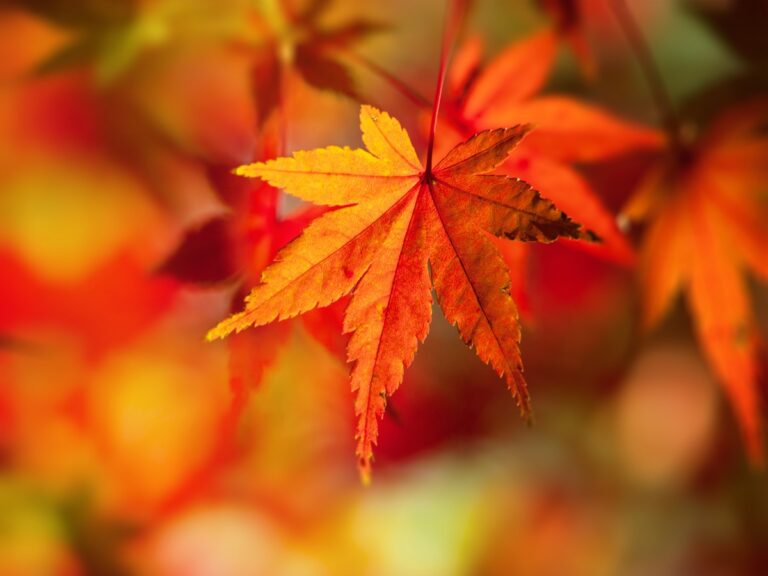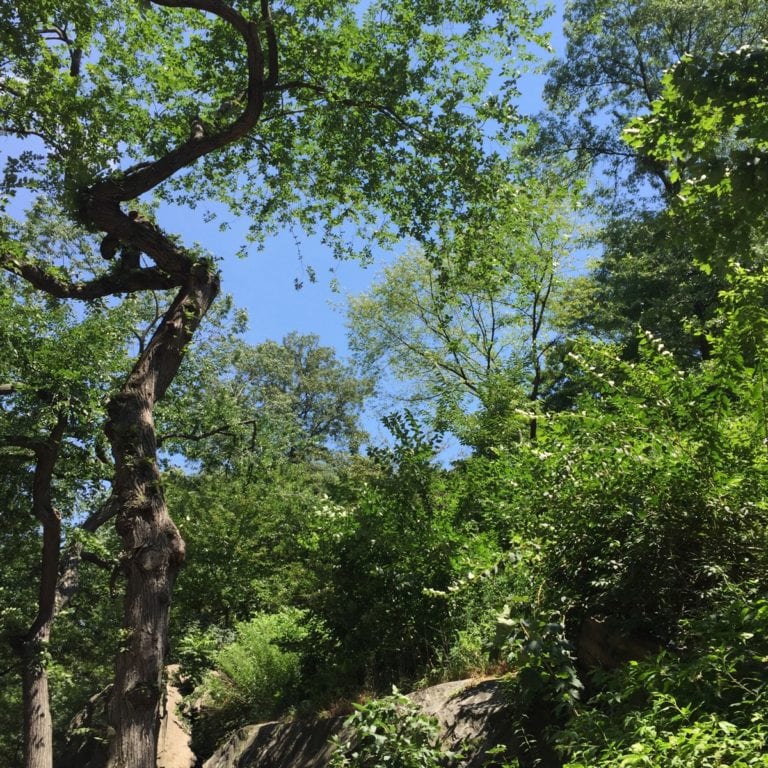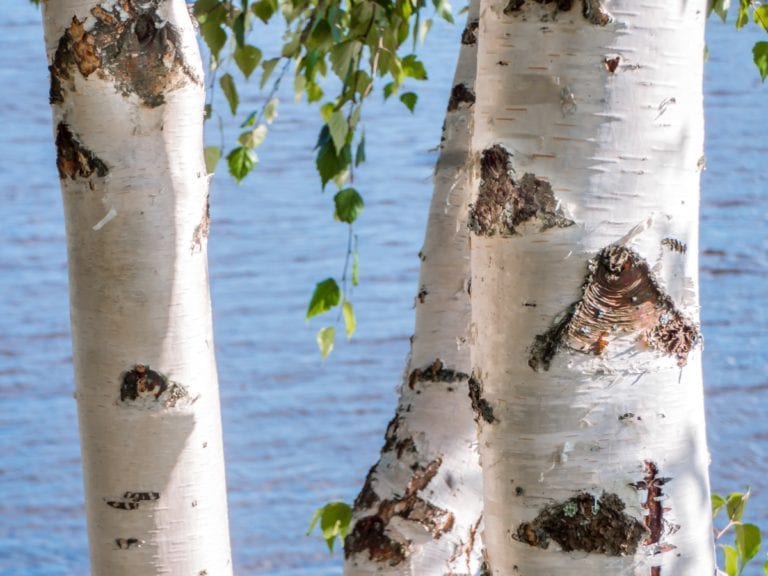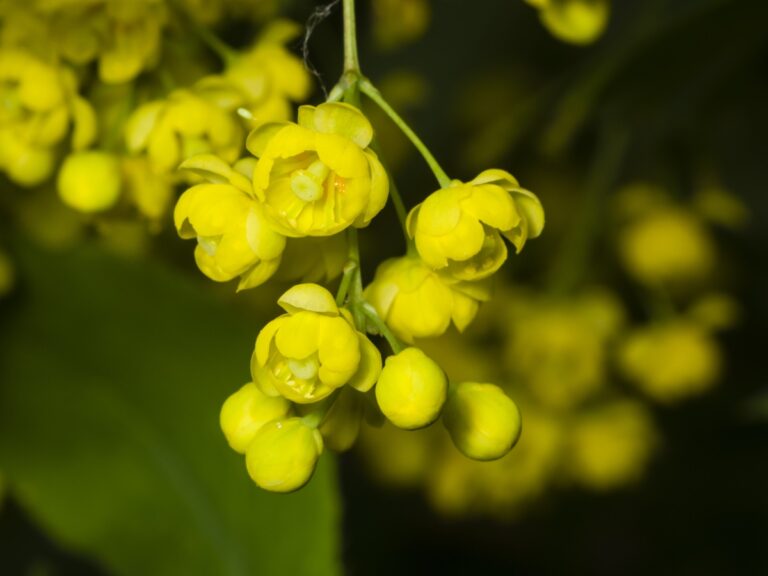Week 639: Awareness Instead of Enactment
I just read something on Facebook that brought to mind the terrible power of enactment. I won’t relate it here, as it was a disturbing report in the news about someone being attacked. For me, this kind of event is a reminder of the deep need we all have to teach ourselves to bring awareness to what we do or want to do. On the negative side, enactments are those spontaneous, usually unconscious, destructive and self-destructive actions that we all have done at times throughout our lives. They are the kinds of experiences where we often look back and wish we hadn’t done what we did, or wish we had done something differently.
One of the ways to train yourself to be aware is through practices such as mindfulness meditation. In one form of this practice, you settle in and—for a predetermined amount of time—simply notice what arises and moves through your awareness without doing anything about any of it. For example, you might have a thought and mentally say to yourself “thought”. You don’t develop the thought, chase after it, or attempt to make it go away. You simply notice. If a sensation arises, like an itch or a pain, you notice it, mentally label it “pain” or whatever, and allow it to either just be there, to fade, or do whatever it naturally does. It’s the same process with an emotion, an awareness of a sound or smell—of anything and everything that may move into and through awareness.
For many of us, this kind of practice is challenging, in large part because it asks us not to act on any of these awarenesses. In our current culture, with all the gadgets and tasks we have to do everyday, we can easily become conditioned to act quickly without noticing what we are doing or why. Awareness of this habit can be like building a muscle that we’ve allowed to get a bit flabby—the muscle of not acting but, instead, noticing.
For this week’s experiment, I invite you to become even more aware of noticing than you may be right now. This doesn’t mean to become overly-focused on every action, on every moment, or to become tense about how you move through the world. Rather, it’s an invitation to make friends with noticing and allow it to become a companion along the way, something you can depend on to offer input to you when you take the time to do it.
As you play with this week’s experiment, allow yourself to play with noticing in a relaxed way. For example, you might imagine a stream flowing along, and that you sit on the bank of the stream simply watching the water move by. There might be leaves floating on the surface of the water, or small branches or twigs. There might be insects riding along with the flow on the surface of the stream. The key thing is simply to notice what moves by without jumping into the stream and trying to capture, hold onto, or push under what appears there. Notice how it feels to be solidly planted on the bank of the stream, and to feel the sensations of staying put and simply bringing curiosity and noticing to the process.
As with all these experiments, be sure to notice and allow mixed feelings. Being mindfully present isn’t necessarily a pleasurable activity, as it can require a good bit of work to only notice without acting. And, this doesn’t mean that there aren’t times when spontaneous action is absolutely necessary and appropriate. The key is to more clearly discern when action isn’t called for and, instead, recognizing that it’s a time to instead bring noticing to what’s moving through you, coming into awareness perhaps from your deep unconscious.
Since we’re all in this together, we serve not only ourselves but everyone else when we are able to move through our daily lives with awareness. Please remember to bring along curiosity as your constant companion and to pat any judgments gently on the head as they arise, move through and, ultimately, move on.





